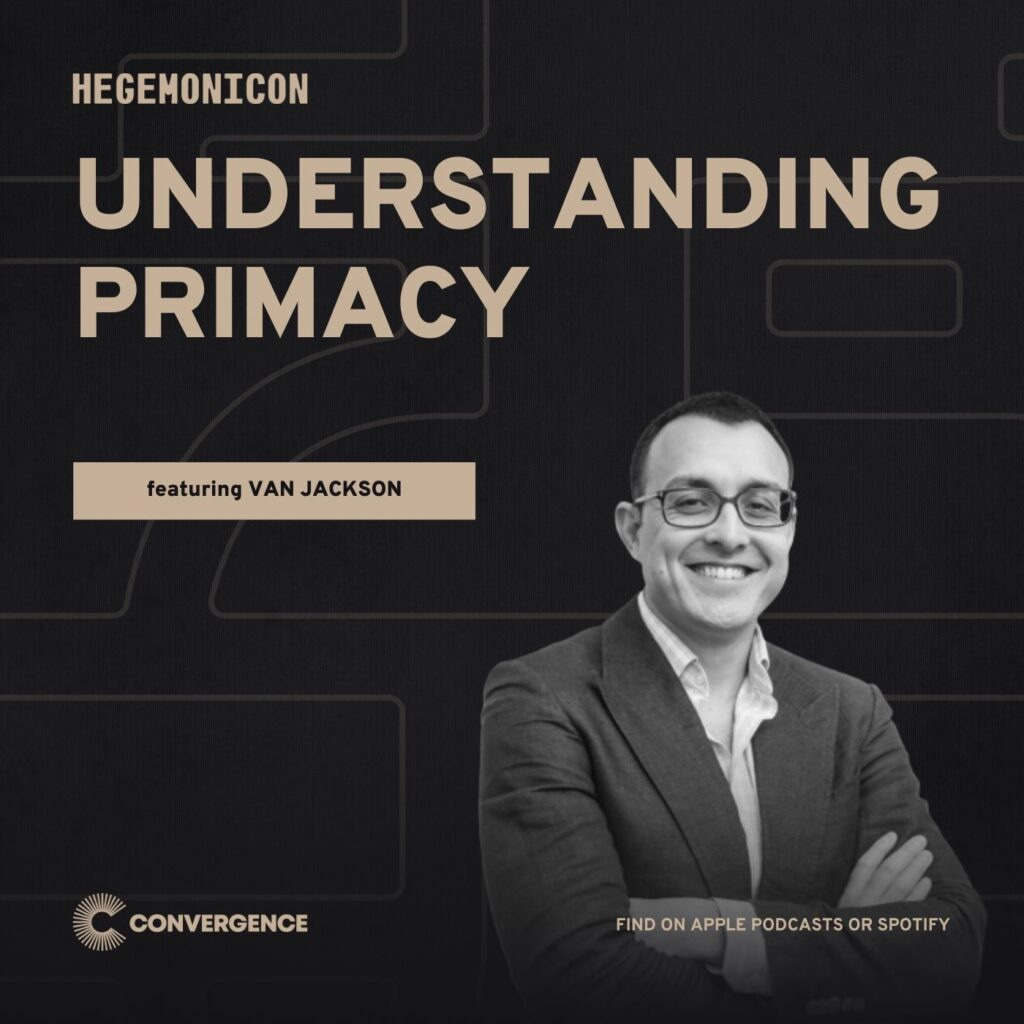Understanding Primacy: A Hegemonicon Podcast Cross-Over
I made an appearance on what is truly one of my favorite shows, Hegemonicon, hosted by the brilliant William Lawrence (one of the founders of the Sunrise Movement). I love it because it’s about power and strategy but for people with genuine commitments to fighting fascism and building peace, democracy, and equality.
In this episode, we cover a lot of gr…


